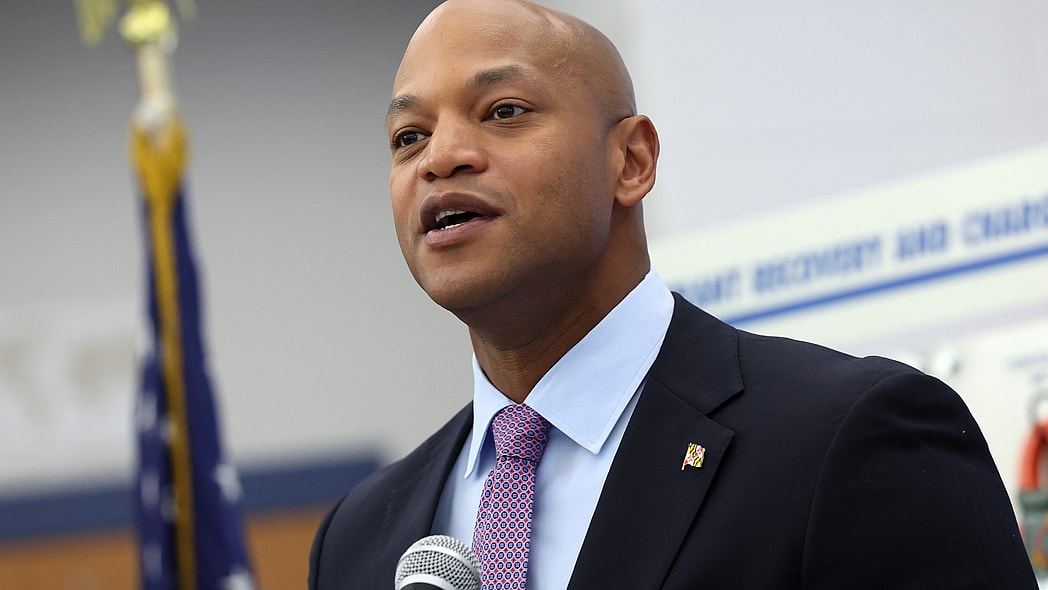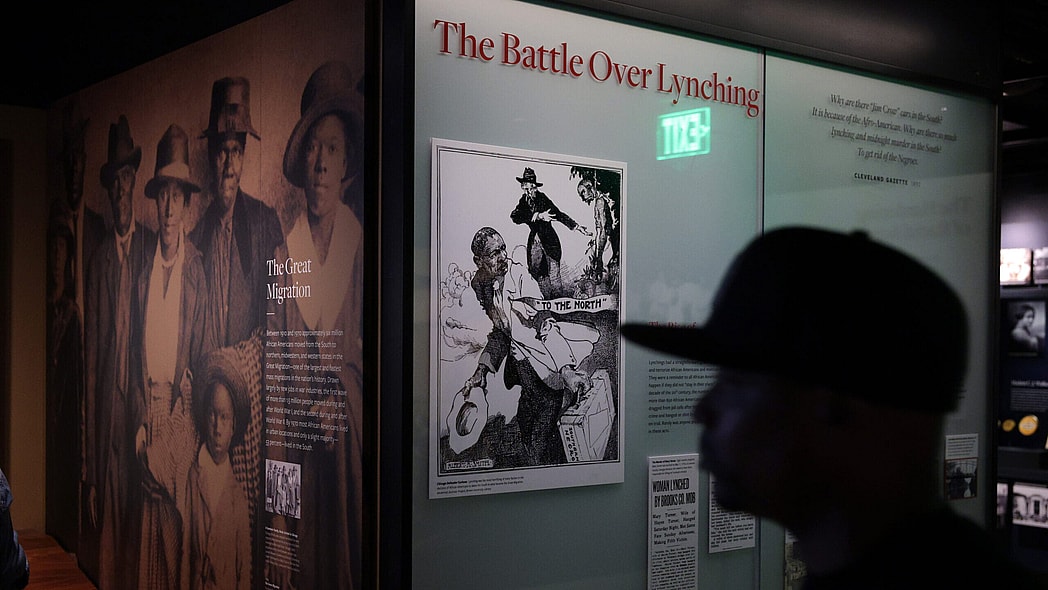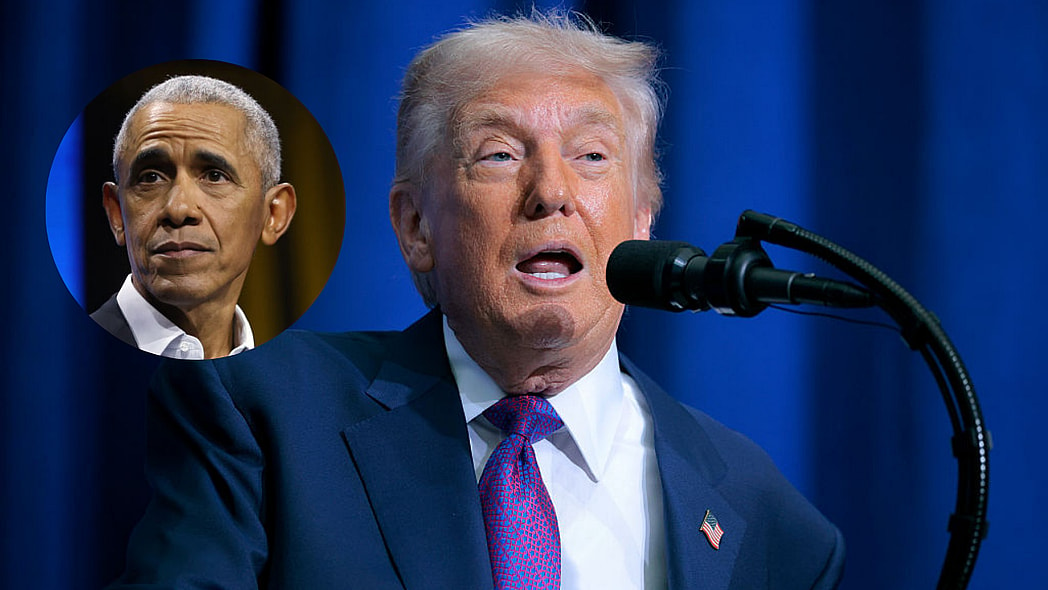The conservative-majority U.S. Supreme Court may rule to keep former President Donald Trump’s name on the Colorado 2024 presidential primary ballot.
Rep. Steven Horsford, D-Nev., told theGrio that he is not “surprised that the Supreme Court would support the former president’s position and not remove him from the ballot.”
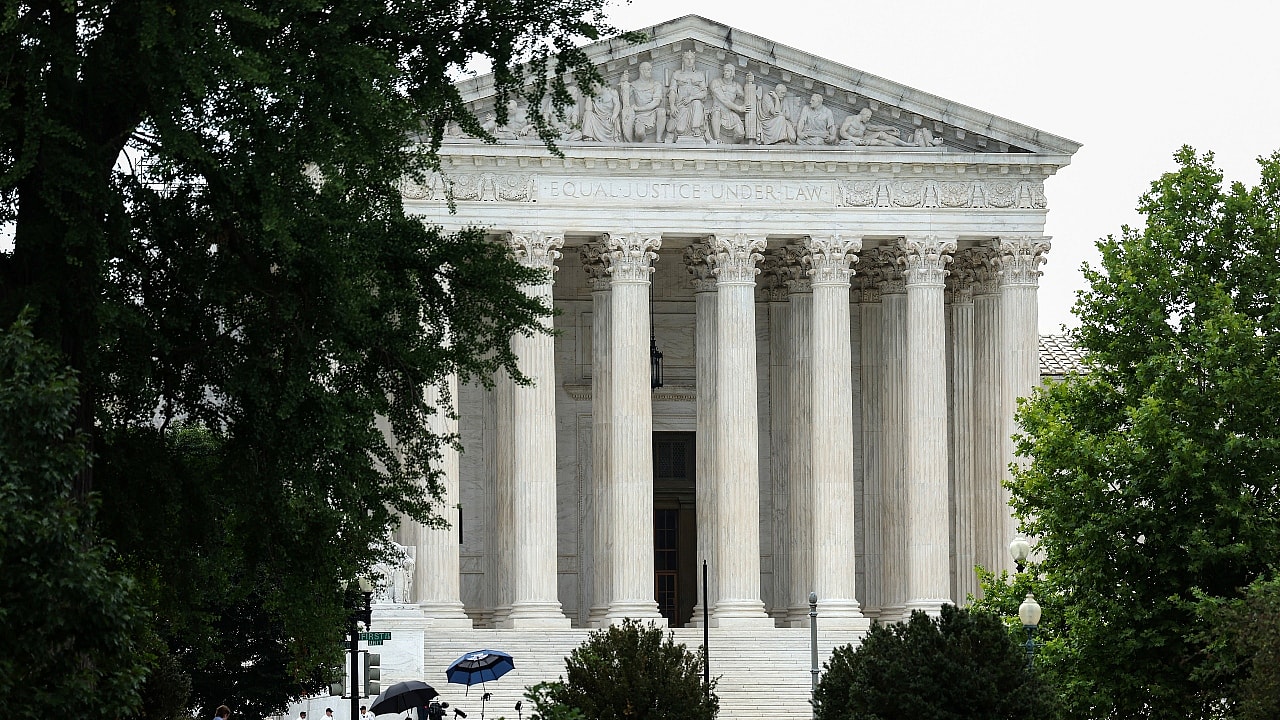
Rep. Jasmine Crockett, D-Texas, told theGrio that she believes the justices may end up playing it safe.
“I think they’re going to be careful,” she said. “They may say that this issue isn’t ripe at the moment because he hasn’t been elected, in hopes of not having to resolve the issue,” she added.
On Thursday, Supreme Court justices, three of whom were appointed by the former president, heard hours-long oral arguments in the Donald Trump v. Norma Anderson case to decide whether removing Trump’s name from Colorado’s 2024 presidential primary ballot is a violation of the U.S. Constitution under Section 3 of the 14th Amendment.
Section 3 of the 14th Amendment states that no individual should “hold any office, civil or military…who, having previously taken an oath…as an executive or judicial officer of any State, to support the Constitution of the United States, shall have engaged in insurrection or rebellion.
Jonathan Miller, chief program officer at Public Rights Project, told theGrio that the Constitution’s language is “very clear…if you try to overthrow the government and overturn an election you can’t run for office again.
“That is a mechanism for helping to preserve our democracy,” he said.
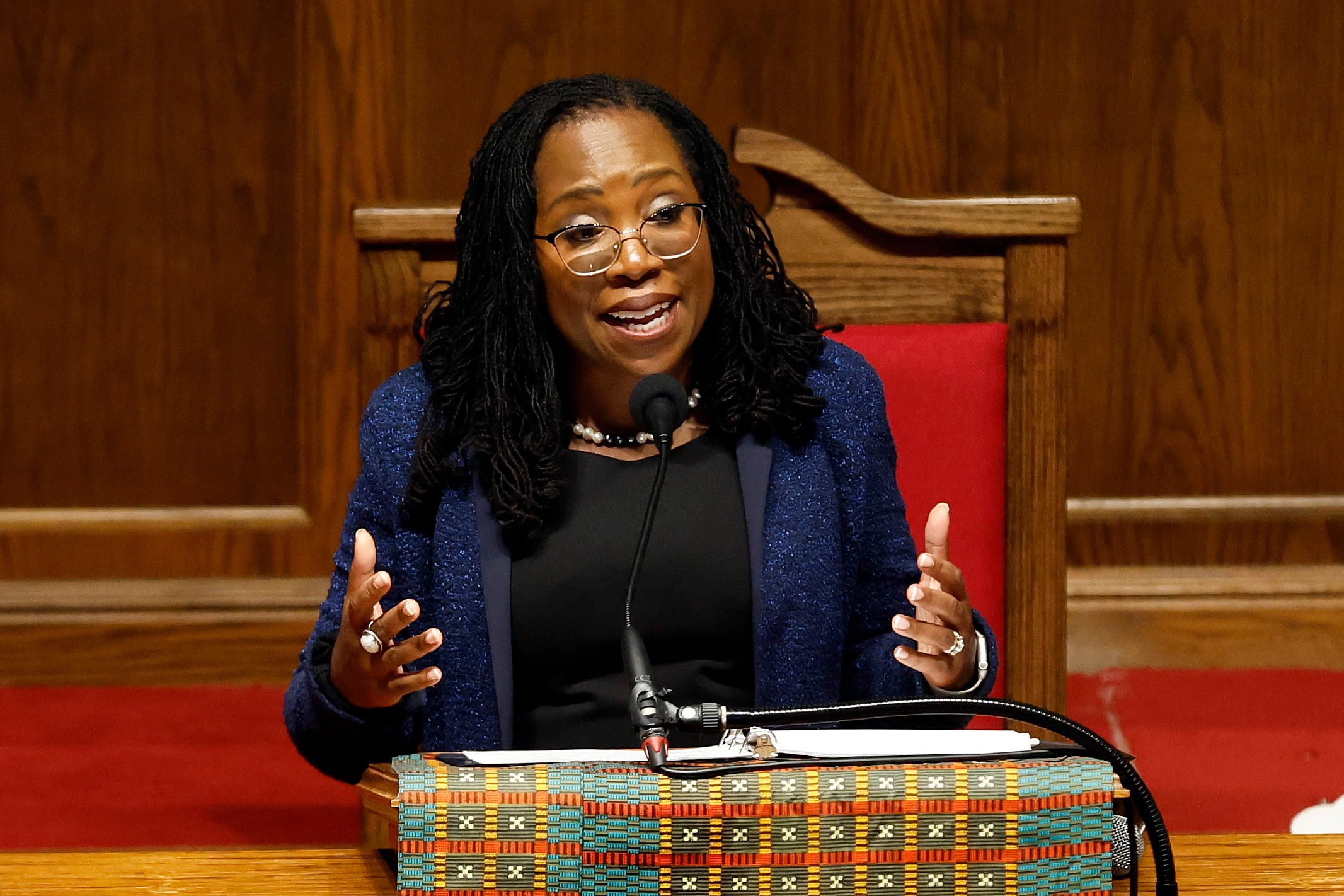
During oral arguments, justices on both sides of the political spectrum seemed to be more in favor of keeping Trump on the ballot.
While speaking with Trump’s attorneys, Justice Ketanji Brown Jackson stated that she could see how the presidency may not be included in Section 3 of the 14th Amendment.
“I mean I didn’t see any evidence that the presidency was top of mind for the Framers when they were drafting Section 3 because they were actually dealing with a different issue,” she said.
She added that legislatures were concerned with “the possible infiltration and embedding of insurrectionists into the state government…and the real risk that former confederates might return to power in the South.”
On the contrary, Justice Sonia Sotomayor was the most skeptical of all of the justices and questioned Trump’s attorneys by asking if this case was “designed to [only] benefit” the former president, which his legal team denied.
Last year, the district court ruled in favor of the former president, contending that although Trump engaged in an insurrection on Jan. 6, 2021, Section 3 of the 14th Amendment does not apply to him because a president is not considered to be “an officer of the United States.”

Shortly after that verdict was reached, the Colorado Supreme Court picked up the case and reversed the lower court’s decision. The Colorado Supreme Court ruled that Trump was an “officer of the United States” when he engaged in an insurrection, therefore he does not have a constitutional right to be on the 2024 presidential primary ballot in Colorado.
Trump’s legal team petitioned the U.S. Supreme Court arguing that the Colorado Supreme Court erred in its decision.
Attorneys representing the embattled former president have continuously made several arguments over the course of litigation which include, that Trump was not considered to be an “officer of the United States” during the Jan. 6, 2021, insurrection because he did not take an oath to support the U.S. Constitution as stated in Section 3 of the 14th Amendment.
Secondly, Trump’s legal team asserts that he did not engage in an insurrection on Jan. 6, 2021, as described in the U.S. Constitution, but instead “he called for peaceful and patriotic protest and respect for law and order.” His team says the fact that he has not been prosecuted for inciting an insurrection further proves his innocence.
Rep. Crockett told theGrio, “We know that the U.S. Constitution has been very intentional about mentioning when a conviction applies.”
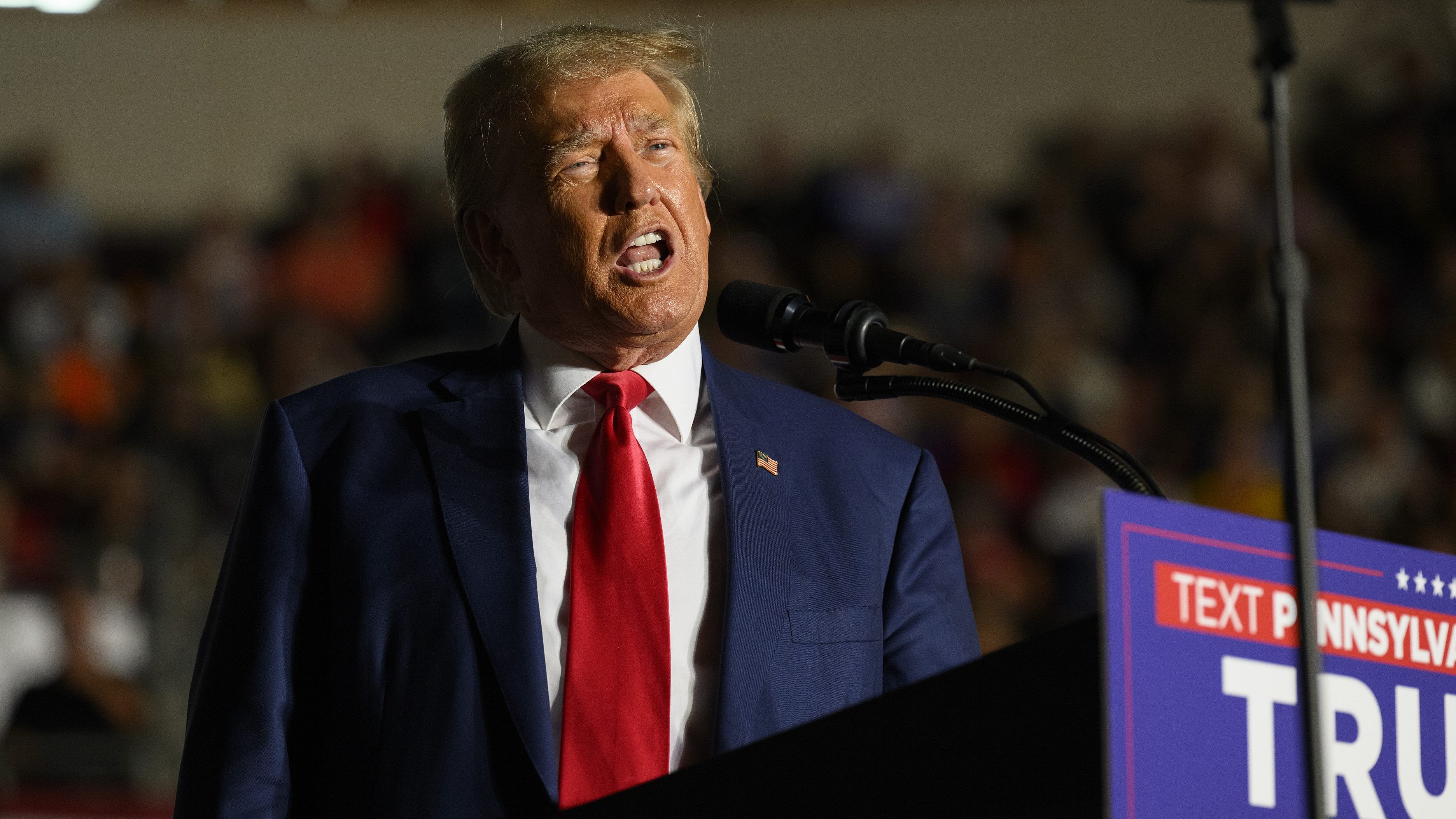
“That was not mentioned in this section, so I don’t believe it is required and honestly I don’t think it should be required,” she added.
Lastly, the legal team for the former president claims that Section 3 of the 14th Amendment should not be the legal standard used in this case because the statute “does not prevent anyone from running for office or from being elected to office,” but instead it prohibits individuals from “holding office.”
During oral arguments, Justice Clarence Thomas also grilled attorneys representing the Colorado voters who are challenging Trump’s eligibility to run for office. He stated that there have not been any cases in the past where a state has stripped a national candidate from the ballot.
Attorney Jason Murray, a representative for Colorado voters, struggled to answer Thomas’ questions and argued that “elections worked differently back then” therefore, there are no examples of a national candidate being removed from the ballot.
Rep. Hank Johnson, D-Ga., told theGrio that Thomas should have recused himself from this case because of the relationship his wife, Ginni Thomas, has with the former president.
“It’s a well-known fact that Justice Thomas’ wife was an integral planner and partner in the ‘Stop the Steal’ movement that led up to the Jan. 6 insurrection,” he said.

“His decision-making on the case is tainted and his involvement on the case taints the whole process,” he added.
Crockett told theGrio that despite what the justices decide in this case, “there is an overall mistrust with the Supreme Court to do right.”
“This decision will reveal whether or not we will have a Supreme Court that more Americans demand needs reform so that we can restore balance to the court or if we will have a Supreme Court that will bend a knee to Trump,” she added.
A decision in this case could be rendered before Colorado’s primary elections, scheduled for March 5.
Recommended Stories
Never miss a beat: Get our daily stories straight to your inbox with theGrio’s newsletter.


